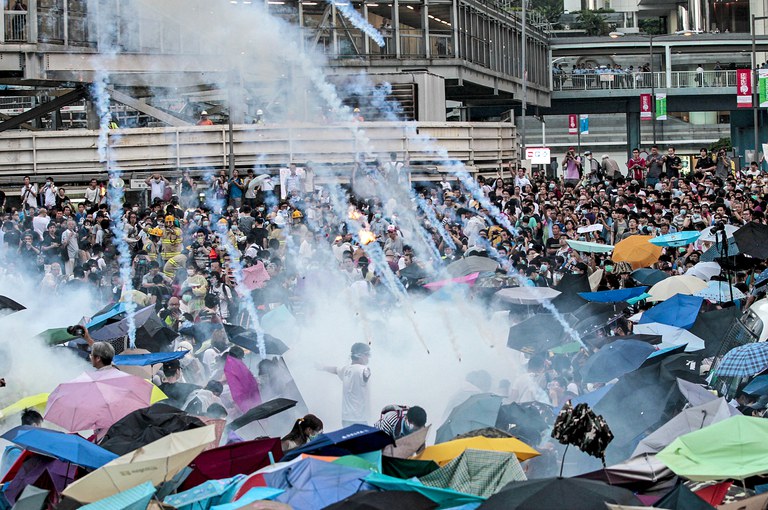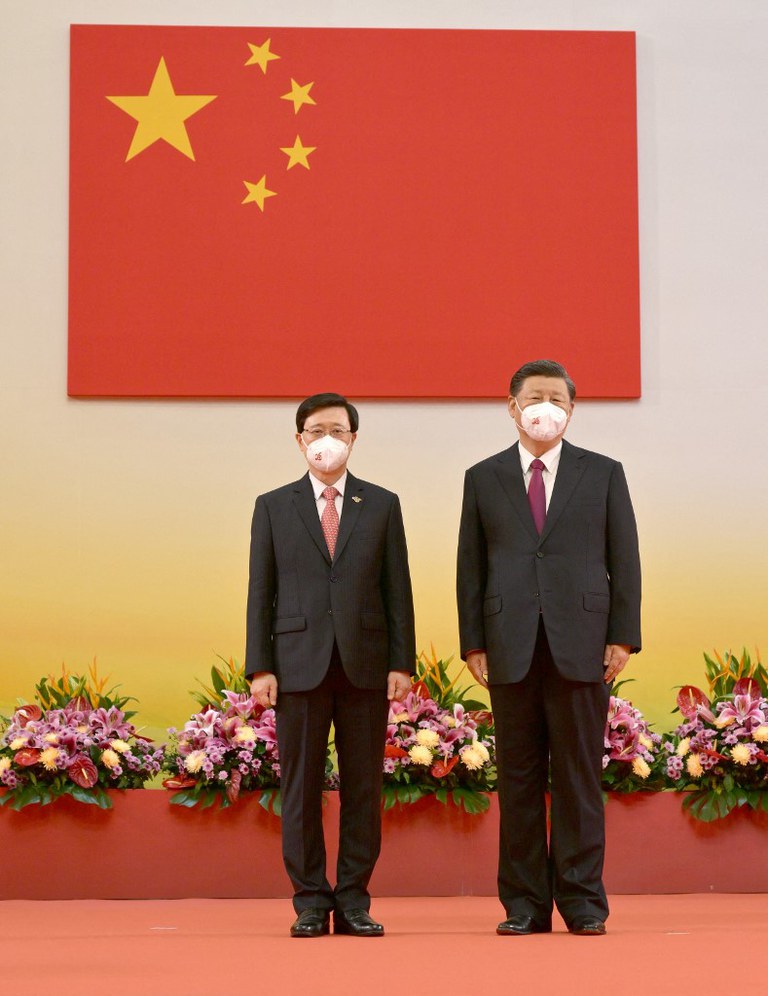Junta troops kill 9 unarmed civilians, including 4 teens, in war-torn Sagaing region
Junta troops in Myanmar’s embattled Sagaing region captured and killed nine unarmed civilians, including four teenagers, as they traveled to receive medical training, according to an official from their group and a family member of one of the victims. The nine medics with the Wetlet township branch of the Generation Z Special Task Force, an organization aligned with the anti-junta People’s Defense Force (PDF) paramilitary group, were detained by the military, and shot dead on Wednesday near Shwebo township’s Kunseik village while enroute to southeastern Sagaing’s Ayadaw township, some 60 kilometers (37 miles) away. A spokesman for the Generation Z Special Task Force told RFA Burmese that those killed included four women: Pa Pa Khine, 14, Win Ei Kyaw, 15, Naing Naing Aung, 24, and Thit Thit Hlaing, 34; and five men: Pho Htaung, 17, Phone Kyaw, 17, Thein Than Oo, 21, Aung Kyaw Moe, 27, and Pho Nyein, 27. The spokesman, who spoke on condition of anonymity, said that his group confirmed the identities of the victims after obtaining photos of the slaughter. “They didn’t have any weapons on them. They were going for medical training in an area where there was no fighting,” he said. “We sent for them after notifying our allied groups as there were no military activities around here [and could safely return]. We have no idea how they got captured. We heard about some arrests [on Wednesday] and only [on Thursday], when we saw the photos, did we realize they were our team members.” The mother of one victim said she was devastated by the news that her daughter and her friends were killed at such a young age. “She wanted to do this, even though she was so young. She always said that she wanted to have a role she could play,” said the victim’s mother, who also declined to be named. “Now that this has happened, I’m heartbroken. I’m so numb and I feel like I have nothing inside.” The junta has yet to comment on the incident and calls by RFA to junta deputy information minister, Maj. Gen. Zaw Min Tun, went unanswered on Thursday. The Generation Z Special Task Force said it will work to obtain justice for the families of the victims of the extrajudicial killings and to bring international attention to the incident with the help of Myanmar’s shadow National Unity Government. According to the Bangkok-based Assistance Association for Political Prisoners, security forces have killed at least 2,053 civilians since the military’s Feb. 1, 2021, coup, although the group acknowledges its records are incomplete and says the real number of deaths is likely much higher. Last month, the Institute for Strategy and Policy (ISP), a local think tank, said in a report that it had documented at least 5,646 civilian deaths in Myanmar between the coup and May 10. The ISP figure included people killed by security forces during anti-junta protests, in clashes between the military and pro-democracy paramilitaries or ethnic armies, while held in detention, and in revenge attacks, including against informers for the regime. At least 1,831 civilians were killed in shooting deaths, the largest number of which occurred in Sagaing region, where junta troops have faced some of the toughest resistance to military rule in clashes with the PDF paramilitaries that have displaced tens of thousands of residents since the coup, the ISP report said. Translated by Khin Maung Nyane. Written in English by Joshua Lipes.






